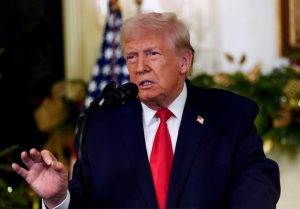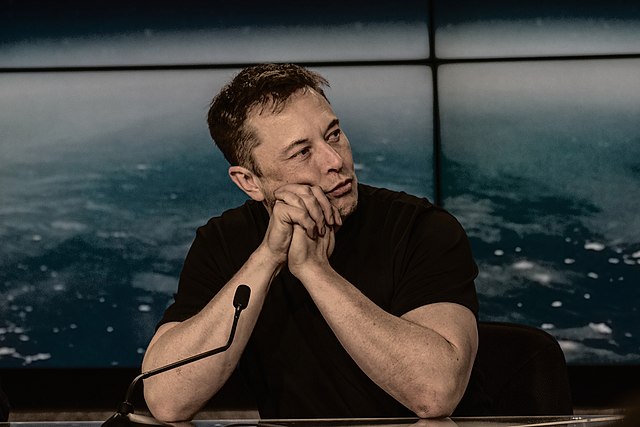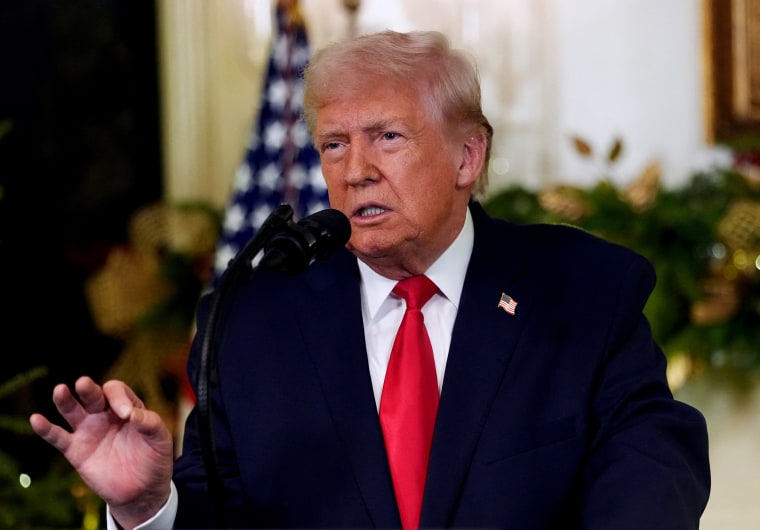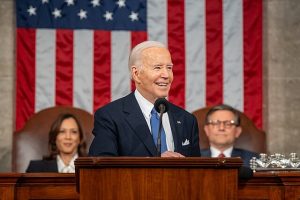A Political Gamble That Never Quite Took Off
When Elon Musk announced plans for a new political party this summer, it sent shockwaves through Washington. The world’s richest man, known for reshaping industries from electric cars to space exploration, seemed ready to apply his disruptive vision to America’s political landscape.
The idea, branded as the “America Party,” came with promises of independence, innovation, and a break from the establishment. Supporters flooded social media with optimism after Musk’s online poll showed more than 65 percent in favor of his initiative. Commentators speculated whether his wealth and influence could finally give a third party the momentum it needed to challenge the long-standing Republican and Democratic grip on power.
A Movement Struggling to Find Ground
Despite the early buzz, the reality of building a new party quickly proved more complicated. The America Party lacked ballot access, grassroots infrastructure, and coordination with existing third-party groups. Libertarian leaders noted that attempts to reach Musk’s camp went unanswered. Meetings with veteran campaign organizers were abruptly canceled, leaving many to wonder if the effort had been more of a public experiment than a serious political undertaking.
Mark Cuban, who had signaled early interest in the project, admitted he had heard little since Musk’s July announcement. Even Steven Nekhaila, the Libertarian National Committee chair, expressed frustration at the lack of tangible action. On the ground, there was no evidence of volunteers, staff, or fundraising efforts.
Musk’s Complicated Relationship With Trump
The political detour also unfolded against a backdrop of tension between Musk and Donald Trump. Their relationship soured earlier this year after Musk posted on X that Trump’s name appeared in Epstein-related documents. The fallout escalated, with both men exchanging threats over business contracts and federal subsidies.
The rift was particularly surprising given that Musk had poured nearly $300 million into Trump’s successful 2024 campaign. By spring, speculation ran rampant that Musk might not only launch a party but actively seek to challenge both parties’ dominance in 2028.
Yet, by midsummer, the tone began to soften. Trump, now term-limited, assured supporters he had no plans to cripple Musk’s companies. In fact, he said he wanted them to thrive, joking during one interview that his Department of Government Efficiency — nicknamed “DOGE” — might one day “eat Elon,” though the remark landed more as humor than hostility.
Signs of a New Alliance
As Musk pulled back from the America Party, another name began surfacing in the political chatter: Vice President JD Vance. The former senator, who rose quickly through Republican ranks, has become a key player in shaping post-Trump conservatism. His mix of populist rhetoric, Silicon Valley ties, and political instincts have put him in a strong position heading into 2028.
In recent months, Vance has raised his profile further, attending high-level meetings, including a notable visit to Rupert Murdoch’s Montana ranch, where he met with Murdoch, his son Lachlan, and senior Fox News executives. Details of those conversations remain undisclosed, but the visit underscored Vance’s growing influence among conservative power brokers.
The Quiet Shift Behind the Scenes
While Musk’s America Party stalled, conversations between him and Vance reportedly accelerated. Sources indicate the two have been in direct contact in recent weeks, discussing the next phase of Republican politics. Musk’s business allies — including Peter Thiel, David Sacks, Anthony Wood, and Palmer Luckey — are already among the major donors rallying behind Vance.
Polling reflects the momentum. Early surveys show the vice president in a commanding position for the Republican nomination, with donor networks and media connections solidifying his standing.
The Reveal: Where Musk Is Putting His Weight
So where does Musk fit into all of this? After months of speculation, canceled meetings, and a faltering third-party launch, the billionaire appears to be aligning not with a new movement, but with a familiar one. Reports now suggest that Musk is preparing to throw his considerable financial support behind Vance’s expected 2028 run.
It marks a dramatic shift from independence to alliance. The same man who once declared, “Today, the America Party is formed to give you back your freedom,” is now signaling that his future in politics may rest not in building something new, but in strengthening the candidacy of a Republican poised to inherit Trump’s mantle.
The billionaire who once threatened to upend the system may instead be betting on the system’s next big contender.

James Jenkins is a celebrated Pulitzer Prize-winning author whose work has reshaped the way readers think about social justice and human rights in America. Raised in Atlanta, Georgia, James grew up in a community that instilled in him both resilience and a strong sense of responsibility toward others. After studying political science and creative writing at Howard University, he worked as a journalist covering civil rights issues before dedicating himself fully to fiction. His novels are known for their sharp, empathetic portraits of marginalized communities and for weaving personal stories with broader political realities. Jenkins’s breakout novel, Shadows of Freedom, won national acclaim for its unflinching look at systemic inequality, while his more recent works explore themes of identity, resilience, and the fight for dignity in the face of oppression. Beyond his novels, James is an active public speaker, lecturing at universities and participating in nonprofit initiatives that support literacy and community empowerment. He believes that storytelling is a way to preserve history and inspire change. When not writing, James enjoys jazz music, mentoring young writers, and traveling with his family to explore cultures and stories around the world.









